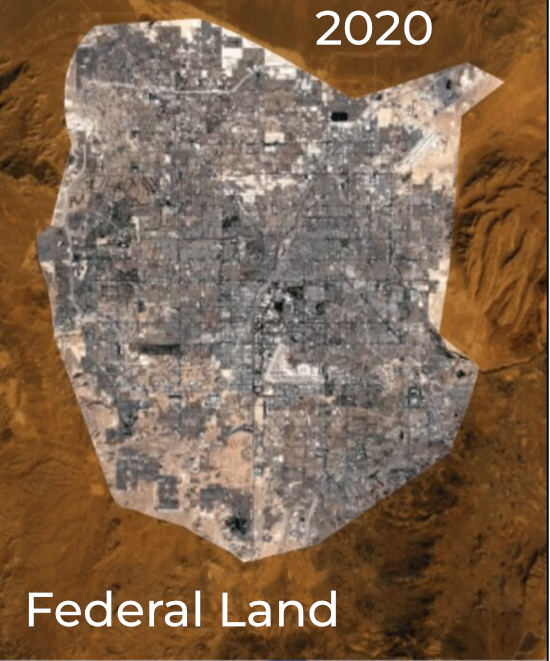As an investor, property manager, and Realtor focused on selling investment properties I have seen most new investors make the same mistakes. Many times they come to us for help on the property management side and we are the bearer of bad news.
1. Failure to asses asset condition - If you are buying a 100K property with a $1500 rent roll you have most likely bought a high risk property, or purchased a property with deferred maintenance. You may cash flow for a little while, but the bill is coming due.
2. Failure to asses variable costs - Similar to the above statement, if you have a high rent roll, and a low cost of acquisition, your variable costs are generally much higher than you anticipate, maintenance, delinquency, vacancy..
3. Failure to analyze properly - Using percentages for analysis can be very deceiving. If I have a $3,000 rent roll and am saving 20% for CapEx and maintenance I have $7200 per year. If I use the same % on a $1500 rent roll I have $3600 per year. Just because your property cost less, does not mean vendors cost less. You will pay the same for a roof as a B class property. If you are using a general % to calculate anything you will find as your rent roll goes DOWN your operating percentage tends to go up, squeezing your margin.
4. Failure to understand risk - Not all vendors can be trusted, its your money and you need to protect it. However, when you find a reputable vendor/Realtor/Property Manager and they try to talk you into buying a $250K property instead of a 100K property, at least understand why. If you are buying a 100K property (probably a bad area, or bad condition), all of the CapEx items to get it into proper condition are coming out of pocket after the sale. So you can spend $62,500 + closing cost to get into a B class property in good shape or you can spend $25,000 + closing cost to get into a C or lower class property that is high risk and will need lots of out of pocket money to upgrade. You will have lost more money due to vacancy, had to manage vendors, pull permits (possibly) and do all kinds of other things that are a time commitment as well as Capital intensive, and all the while you are still in a tough area. If you want to upgrade a house, you should do a BRRRR... Front load your risk!!!
5. Failure to find current Happiness - This is a new trend, I think I blame bigger pockets. Sorry BP, I love you guys, don't be mad at me. New investors are seeking "Financial Freedom." That's nice, everyone would like to have plenty of money, no stress, a super model wife, power and respect. Chasing 15% cash on cash returns in Real Estate are not going to get you there, I am sorry to crush your dreams. The high cash on cash returns will bring you tons of headaches. If you are seeking happiness, you should probably look somewhere besides Real Estate. Real Estate investing is an unbelievable tool to build LONG TERM WEALTH. It takes patience, 20-30 years of holding, forgoing cash flow to take great care of your properties, and working far MORE, not less. You are not going to retire on cash flow anytime soon. However, if you buy good properties, work full time so you have good W-2 income and lenders like you, and take care of your properties, you will retire much better off than if you did not invest in Real Estate.
In short, don't quit your day job, you will need it to invest in Real Estate...










